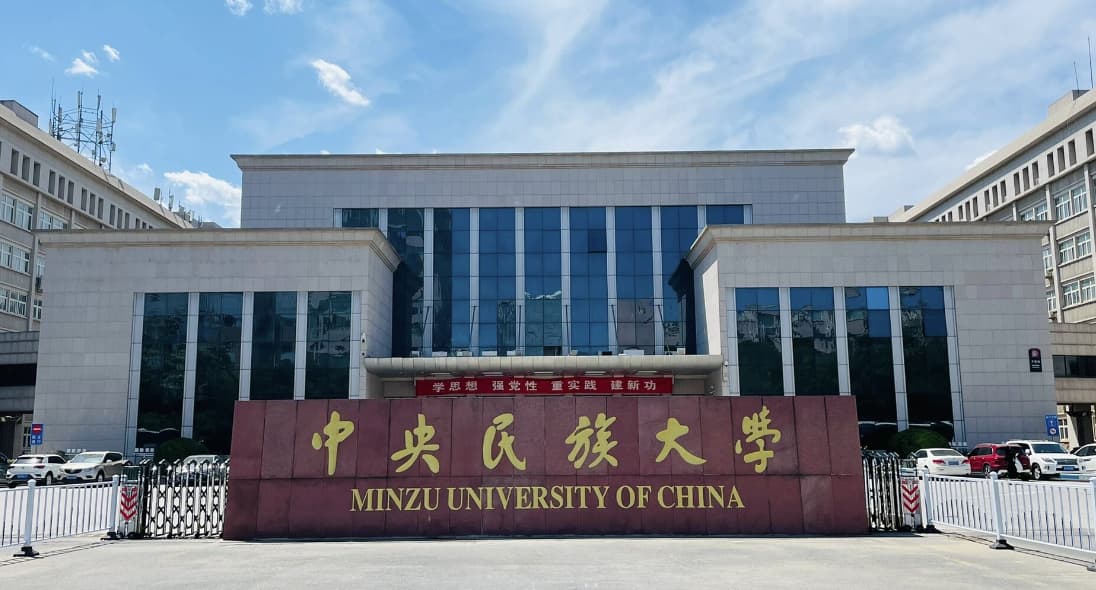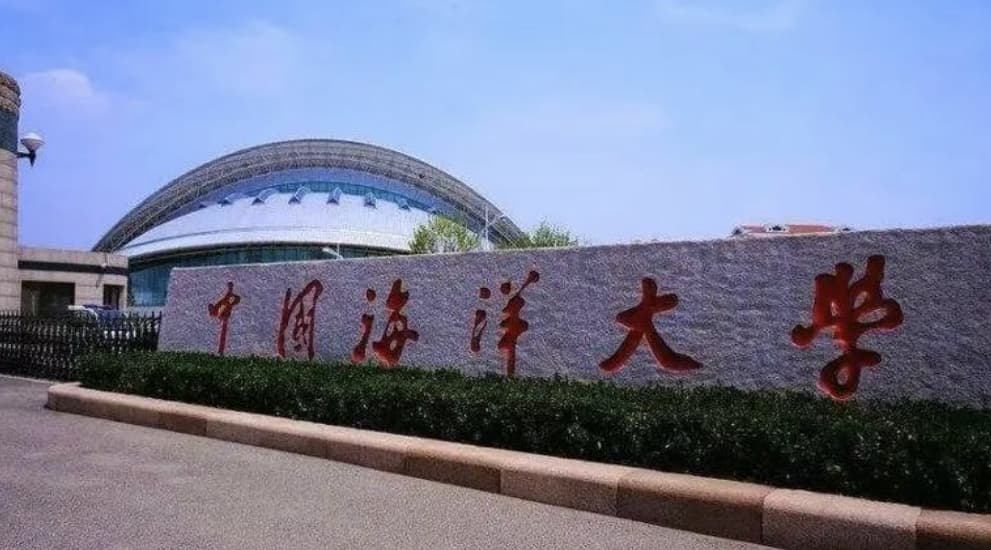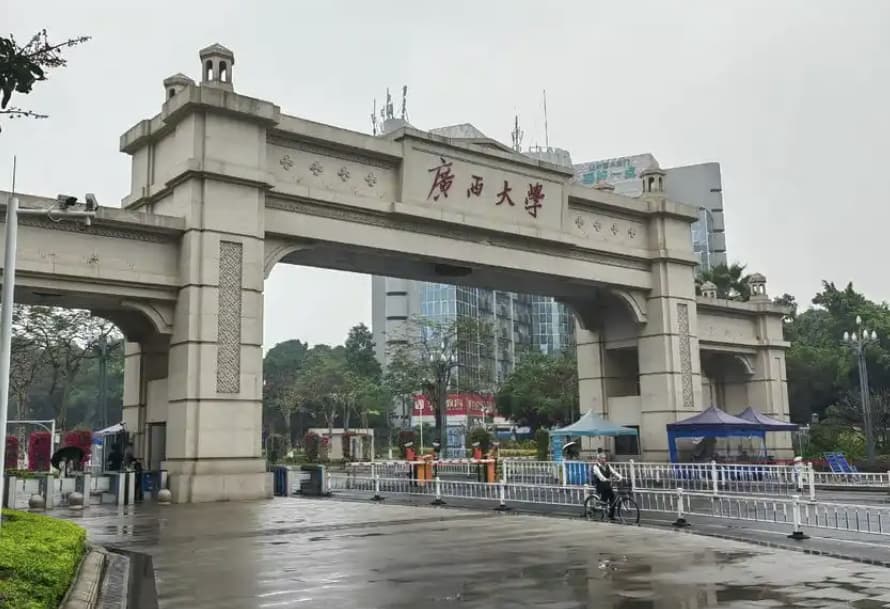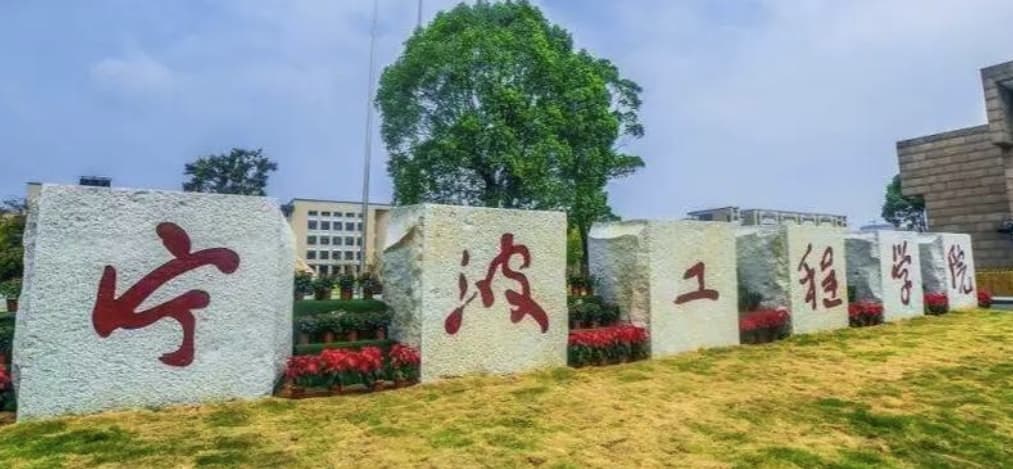Mastering English Translation Techniques for Postgraduate Entrance Exams: Your Ultimate Guide
English translation is a critical component of the postgraduate entrance exam, testing candidates' ability to accurately convey meaning between English and Chinese. This guide provides actionable tips and answers to common questions to help you excel in this section. Whether you're struggling with complex sentence structures or unsure about idiomatic expressions, we've got you covered with practical advice and examples.
Common Challenges and Solutions
1. How Can I Improve My Accuracy in Translation?
Accuracy is key in translation, and achieving it requires a solid understanding of both languages. One effective strategy is to break down sentences into smaller units before translating. This helps you focus on each part without losing the overall meaning. Additionally, building a strong vocabulary and familiarizing yourself with common grammatical patterns in both English and Chinese can significantly boost your accuracy. Practice with a variety of texts, including academic articles and literary passages, to expose yourself to different styles and complexities. Remember, reviewing your translations and comparing them with native speaker versions can also provide valuable insights into areas for improvement.
2. What Should I Do When Encountering Unfamiliar Words or Phrases?
Encountering unfamiliar words or phrases is a common challenge in translation. The first step is to try and deduce the meaning from the context. Look for clues in surrounding words or phrases that might hint at the intended meaning. If you're still unsure, consider using a reputable dictionary or online resource, but be cautious with translations that seem too literal or forced. Sometimes, a paraphrase or a synonym can be a better choice than a direct translation. It's also helpful to develop a habit of noting down new vocabulary and phrases during your practice sessions so you can review them later. This way, you'll gradually expand your linguistic toolkit and become more confident in handling unfamiliar terms.
3. How Can I Enhance My Fluency in Translation?
Fluency in translation comes from practice and exposure. One effective method is to translate regularly, using a mix of short and long passages. This helps you get comfortable with different lengths and complexities. Reading widely in both English and Chinese can also enhance your fluency by familiarizing you with common expressions and idioms. Another useful technique is to listen to or watch English media, such as news broadcasts or documentaries, and try translating segments in your head. This锻炼s your ability to process and convey information quickly. Additionally, joining translation clubs or forums can provide opportunities to discuss and refine your skills with peers. Remember, the more you practice, the more natural your translations will become.



.jpg)
.jpg)
.jpg)



.jpg)
.jpg)